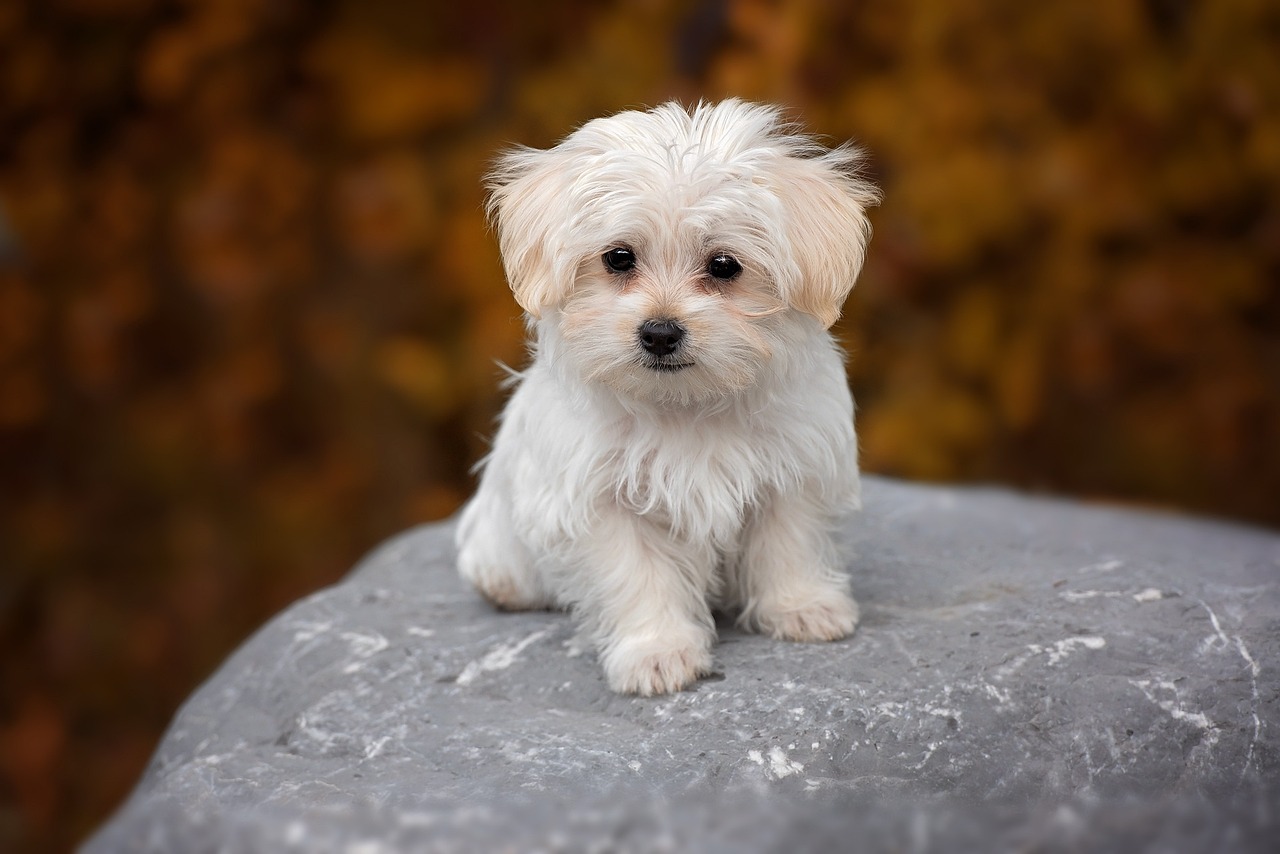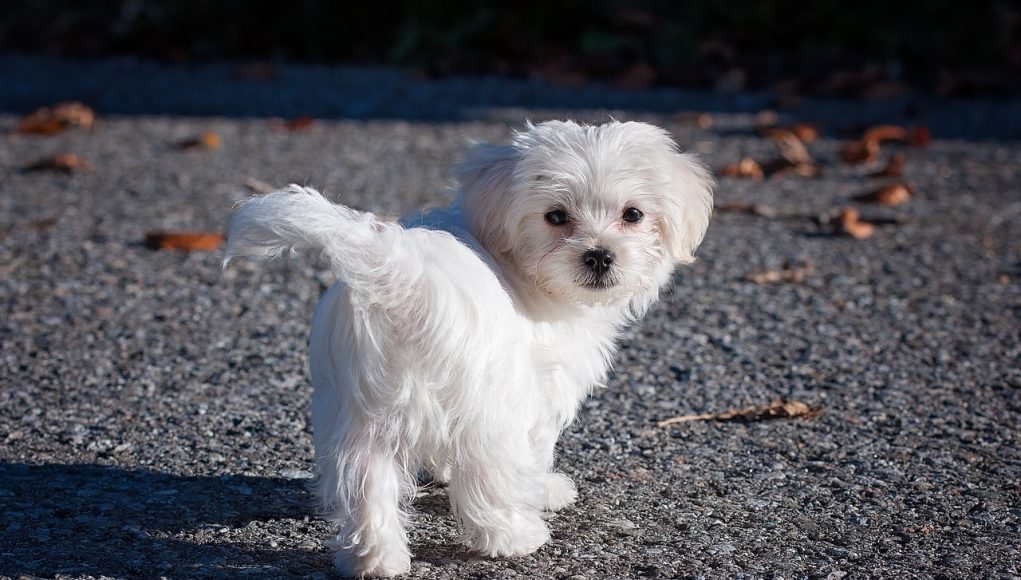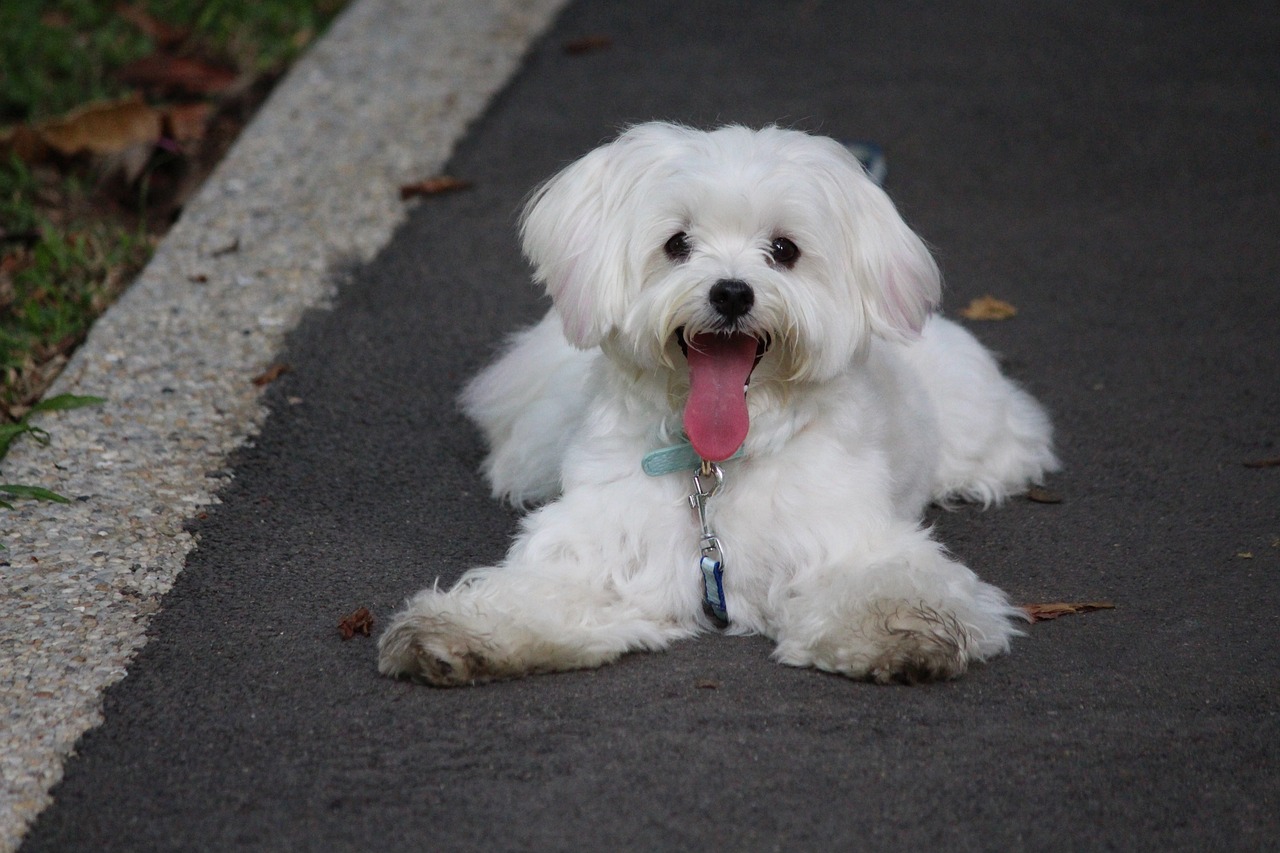The Maltese is a charming, affectionate, and elegant breed known for its long, silky white coat and friendly personality.
As one of the oldest toy breeds, the Maltese has a rich history of being a beloved companion to nobility and royalty.
Maltese : A Complete Guide to This Dog Breed
This article provides a comprehensive overview of the Maltese breed, covering its history, physical characteristics, temperament, care requirements, and health concerns.
Whether you’re considering adopting a Maltese or are simply curious about this delightful breed, this guide has everything you need to know.
The Origins
The Maltese has an ancient history that dates back over 2,000 years, making it one of the oldest dog breeds in the world. The breed’s exact origin is debated, but it is widely believed that the Maltese comes from the Mediterranean island of Malta.
These small dogs were highly valued by aristocrats and royals for their beauty and affectionate nature. The Maltese has remained a favorite companion dog throughout history, admired for its grace, intelligence, and loyal disposition.
Fun Fact: The Maltese was a favorite of European royalty, including Queen Elizabeth I and Mary Queen of Scots. Their elegant appearance and loving temperament made them the perfect lapdog for noblewomen.

Physical Characteristics
The Maltese is a small and delicate breed, easily recognizable by its flowing white coat. Here’s a detailed look at their physical traits:
- Size: Maltese dogs are tiny, typically weighing between 4-7 pounds (1.8-3.2 kg).
- Height: They stand about 7-9 inches (18-23 cm) tall at the shoulder.
- Coat Color: The Maltese is known for its pure white, silky coat that hangs straight down from its body. Their coat lacks an undercoat, which contributes to its sleek, flowing appearance.
- Morphology: The Maltese has a compact, well-proportioned body with a slightly rounded head and a black nose. Their eyes are dark, round, and full of expression, giving them a sweet and intelligent appearance. Their ears are low-set and feathered with long hair, adding to their elegant look.
- Distinctive Features: The Maltese’s most striking feature is its long, flowing coat, which gives it a graceful and elegant presence. Despite its delicate appearance, the Maltese is a sturdy little dog with a lively and playful demeanor.
Comparison: Compared to other small breeds like the Yorkshire Terrier, the Maltese has a pure white coat, whereas Yorkies typically have a steel blue and tan coat. Maltese dogs tend to have a more laid-back and gentle temperament compared to the more assertive Yorkie.
The Temperament of the Maltese
Maltese dogs are known for their affectionate and playful personalities. They are devoted companions that thrive on human interaction and love to be the center of attention.
- Interaction with Children: Maltese dogs are generally good with children, but due to their small size, they are best suited for families with older children who understand how to handle a small dog gently. Younger children should be supervised to prevent accidental injury to the dog.
- Behavior with Other Animals: Maltese dogs can get along well with other pets, especially if they are socialized early. They are typically friendly and sociable, but they may show a bit of jealousy if they feel they are not getting enough attention.
- Training Tips: Maltese dogs are intelligent and respond well to positive reinforcement training. They can sometimes be a bit stubborn, but with patience and consistency, they can be taught a variety of commands and tricks. They enjoy mental stimulation and benefit from interactive toys and puzzles.
Care Needs for the Maltese
The Maltese requires specific care, particularly when it comes to grooming and keeping its coat in top condition.
- Coat Maintenance: The Maltese’s long, silky coat requires daily grooming to prevent tangles and mats. Regular brushing is essential to keep their coat smooth and healthy. Many owners choose to keep their Maltese’s coat trimmed short for easier maintenance, while others prefer the classic long, flowing look. Regular baths are also important to keep their coat clean and shiny.
- Exercise Requirements: Maltese dogs are active and playful but don’t require excessive exercise. Daily walks and some playtime are sufficient to meet their exercise needs. They are well-suited for apartment living, as they are content with short bursts of activity followed by relaxation.
- Hygiene and Specific Care: Maltese dogs are prone to tear staining, which can cause dark streaks under their eyes. Regular cleaning of their eyes and face can help prevent this. Additionally, regular dental care is important, as Maltese dogs are prone to dental issues due to their small jaws.
Common Health Issues in Maltese Dogs
Maltese dogs are generally healthy, but like all breeds, they can be prone to certain health conditions.
- Patellar Luxation: This condition occurs when the kneecap slips out of place, causing discomfort and sometimes leading to lameness. It is more common in small breeds like the Maltese.
- Dental Problems: Maltese dogs are prone to dental issues due to their small mouths, which can lead to overcrowded teeth and gum disease. Regular brushing and dental check-ups are essential to prevent these issues.
- Collapsed Trachea: This condition, where the trachea weakens and collapses, can cause breathing difficulties, especially in small dogs like the Maltese. It is important to use a harness instead of a collar to avoid putting pressure on their neck.
- Life Expectancy: Maltese dogs have an average lifespan of 12-15 years. Regular veterinary care, a balanced diet, and maintaining a healthy weight are crucial for ensuring a long and happy life.
Life Expectancy and Quality of Life
On average, Maltese dogs live between 12 to 15 years. Their quality of life depends on regular grooming, exercise, and health maintenance.
- Maximizing Quality of Life: To ensure your Maltese lives a long and happy life, provide regular physical activity, mental stimulation, and a healthy diet. Regular grooming and veterinary visits are also essential to maintaining their overall health and well-being.
Pros and Cons of Owning a Maltese
Advantages:
- Maltese dogs are small, making them perfect for apartment living.
- They are affectionate, loyal, and form strong bonds with their owners.
- Their long, hypoallergenic coat makes them suitable for people with allergies.
Disadvantages:
- Maltese dogs require daily grooming to keep their coat in good condition.
- They can be prone to separation anxiety if left alone for long periods.
- Their small size makes them fragile, so they are not always ideal for households with very young children.
What to Know Before Adopting
Maltese dogs are best suited for owners who have time to dedicate to their grooming and exercise needs. They thrive in homes where they receive plenty of attention and are treated like a member of the family.
Ideal owners include individuals or families with older children who can handle a small dog gently. Maltese dogs do well in both apartments and houses, as long as they get enough exercise and mental stimulation.
Before adopting a Maltese, it’s important to understand the breed’s grooming requirements and potential health concerns. Consulting with breeders or rescue organizations can help prospective owners determine if the Maltese is the right fit for their lifestyle.
Comparing the Maltese with the Bichon Frise
Both the Maltese and the Bichon Frise are small, hypoallergenic breeds known for their friendly and affectionate natures.
However, while the Maltese has a long, silky coat, the Bichon Frise has a curly, fluffy coat. Maltese dogs are generally more delicate and sensitive, while Bichons tend to have a more robust and playful personality.
The Maltese is a graceful, loving, and loyal companion that can bring joy to a variety of living situations. However, potential owners should be prepared for the grooming and care commitments required to keep a Maltese healthy and happy.
With proper research and preparation, owning a Maltese can be a rewarding and delightful experience for years to come.









